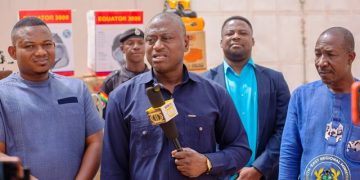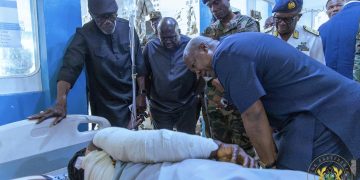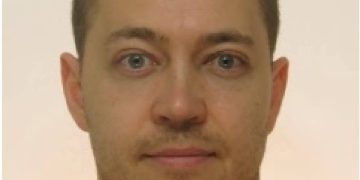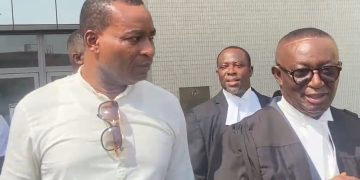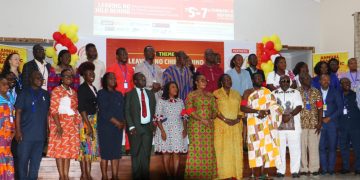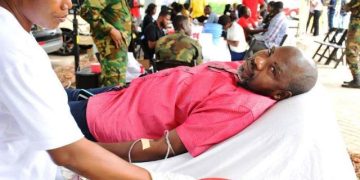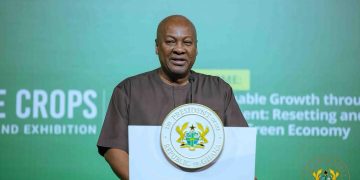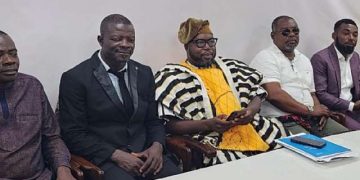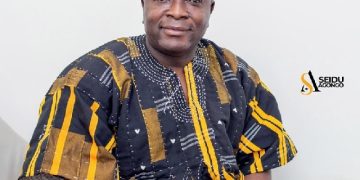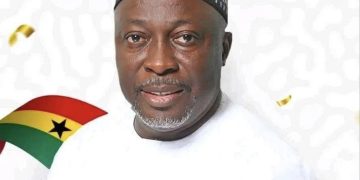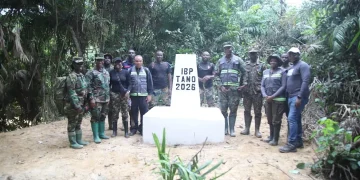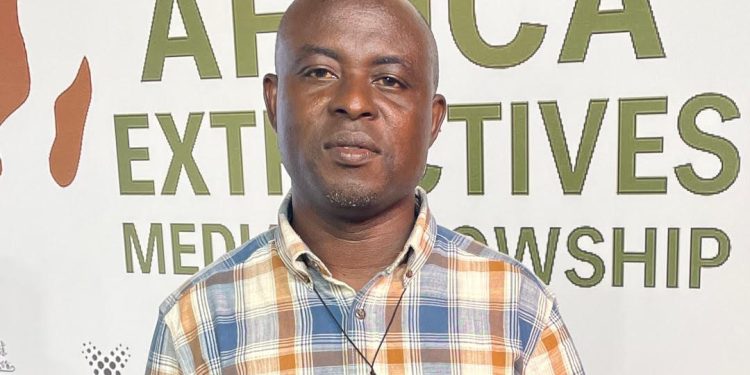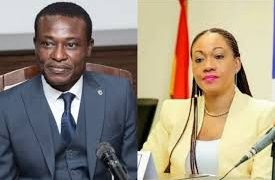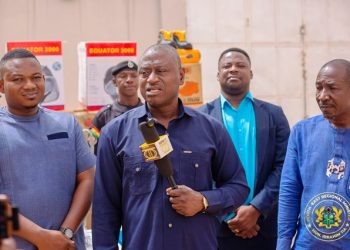Noah Nash Hoenyefia, a journalist with EIB Network’s GHOne TV, has been named a Fellow for the 2025/2026 Africa Extractives Media Fellowship (AEMF).
The fellowship is a highly competitive initiative that identifies and supports exceptional journalists dedicated to promoting transparency, accountability, and sustainable development within Africa’s extractive industries. It brings together outstanding reporters from across the continent to strengthen media capacity, foster collaboration, and advance data-driven, solution-oriented journalism in the mining, oil, gas, and energy sectors.
Hoenyefia’s selection came from a pool of more than 350 applicants nationwide. The fellowship organizers commended his dedication to impactful reporting, stating, “We are pleased to inform you, Noah Nash Hoenyefia, that you have been selected. Your application stood out in a competitive field, and we commend your commitment to quality journalism in Africa’s extractive sector.”
With over a decade of experience, Hoenyefia has reported extensively on agriculture, climate change, health, education, natural resource management, community impact, and sustainable development, particularly focusing on Northern Ghana. He expressed gratitude for the recognition, describing it as both a privilege and a duty.
“This fellowship is both an honor and a responsibility,” he said. “Africa’s extractive sector has great potential but also serious challenges like environmental harm and unfair resource distribution. Journalists must ensure the voices of affected communities are heard and accountability remains central to development.”
The Africa Extractives Media Fellowship is designed to deepen journalists’ understanding of the extractive sector and its impact on local communities. It offers mentorship from seasoned experts, investigative and data journalism training, and opportunities to work on cross-border projects.
Participants will take part in workshops, field visits, and newsroom mentorship programs that help them produce evidence-based stories capable of shaping public discourse and influencing policy. The fellowship also focuses on key issues such as climate change, energy transition, corporate responsibility, and the economic implications of extractive activities.
“This is a great chance to learn, share ideas, and work with other journalists who care about telling Africa’s resource stories responsibly,” Hoenyefia said. “I want to focus on stories that not only show the challenges but also highlight innovative solutions and best practices in the sector.”
The AEMF was established to address the need for more accurate and in-depth reporting on natural resource governance in Ghana and across Africa. Despite the continent’s abundance of mineral and energy resources, much of the media coverage on extractives remains superficial or biased. The fellowship aims to change this narrative by equipping journalists with the skills, knowledge, and networks needed to produce high-quality, impactful stories.
Kwakye Afreh-Nuamah, Program Lead of the Africa Extractives Media Fellowship, emphasized the importance of empowering journalists with the right tools and expertise. “When journalists are equipped with accurate information and technical skills, they become formidable agents of change. This fellowship is instrumental in developing a new generation of reporters who can effectively bridge the gap between policy, practice, and the real experiences of communities impacted by extractive projects,” he said.
As part of the fellowship, Hoenyefia will undertake research and reporting initiatives over the next year, producing stories that explore the intersections of extractives, governance, accountability, and development. He believes the experience will not only refine his professional skills but also contribute to strengthening media capacity within Ghana and across the continent.
Source: www.KumasiMail.Com/JosephZiem


